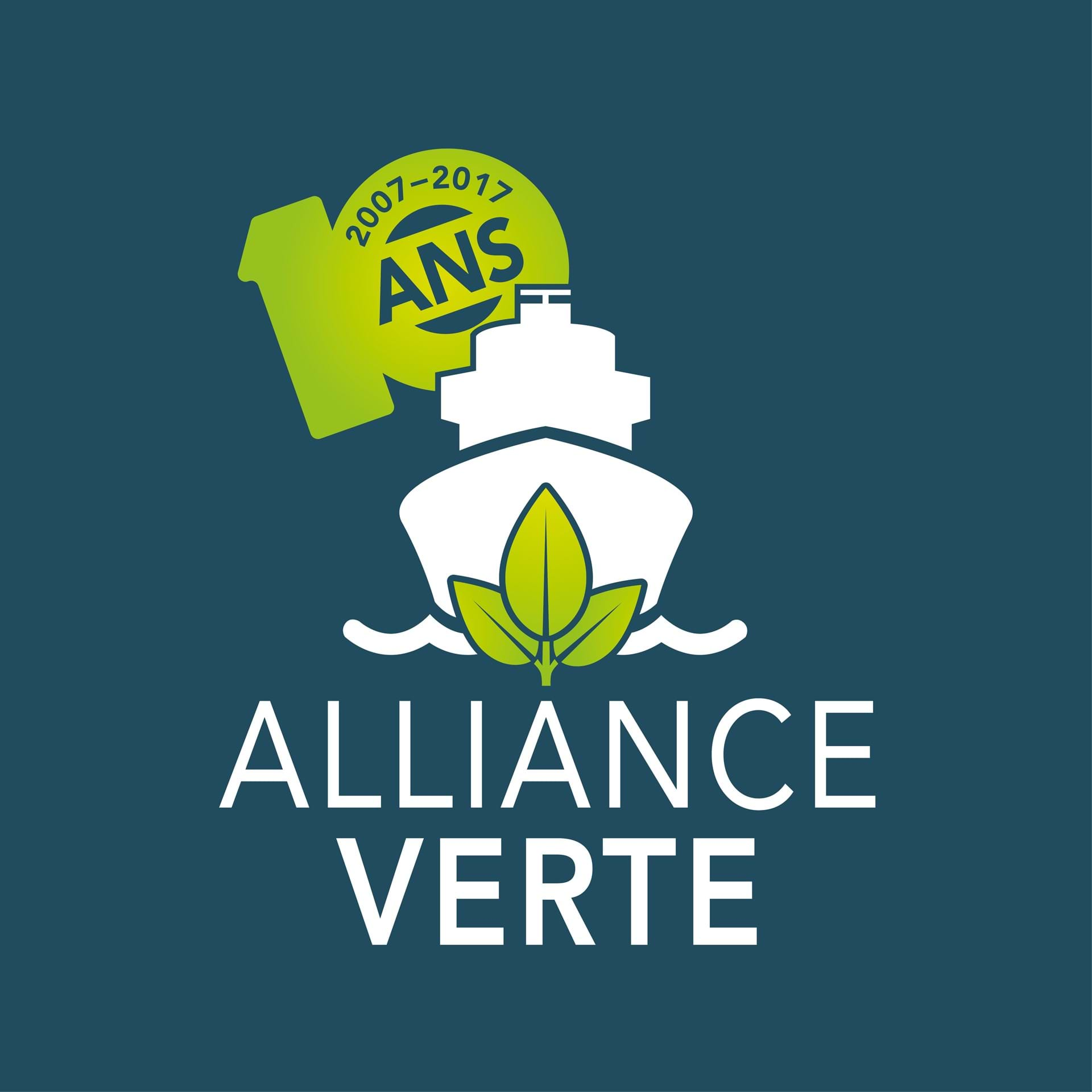
Green Marine ship owners announce reduction in GHG emissions
Quebec City, December 12, 2017 – Ship owners participating in the Green Marine environmental certification program have demonstrated leadership in reducing greenhouse gases (GHG). Green Marine’s first carbon dioxide equivalent (CO2e) emissions data gathering and analysis indicate an average annual reduction in GHG intensity of 1.4%.
This initiative was undertaken to better gauge Green Marine’s impact since the environmental program’s launch 10 years ago. The ship owners that provided data for this voluntary initiative represent more than 250 vessels of various types, including: tug, passenger and cargo ferry, bulk, self-unloading, tank, container, and articulated tug barge.
“It is the first time this kind of reporting exercise has been done by such a diversified group of ship owners,” says Dr. Eleanor Kirtley, Green Marine’s West Coast program manager who spearheaded the initiative.
Participants had to provide emissions data from a baseline year and from 2016. They subsequently each calculated their average GHG emissions for a period varying from two to eight years. “We decided to aggregate the results by percentage of reduction since it was the only common metric for every type of ship owner,” Kirtley explains, adding that ship owners use different accepted methods of measurement, with some reporting emissions per unit of time, while others do so per tons of cargo or per unit of traffic work.
“This initiative demonstrates how Green Marine participants willingly go beyond regulatory compliance by all readily providing this data before it is required by any binding authority,” says David Bolduc, Green Marine’s executive director. “The results clearly illustrate that ship owners are improving their energy efficiency in keeping with Green Marine’s core tenet of continual environmental improvement.
To reach an average annual reduction of 1.4%, the shipping companies had to implement significant changes to their operations. These include hull cleaning and propeller polishing, weather routing, loading for trim optimization, voluntary speed reductions, and preventive engine maintenance. The energy performance plan that is required from each ship owner to qualify for Green Marine certification must include quantifiable reduction targets. Many of the ship owners are investing billions of dollars in fleet renewal for vessels that are substantially more efficient.
Please refer to the Technical Annex in the PDF version of this news release for more specifics about this data initiative.